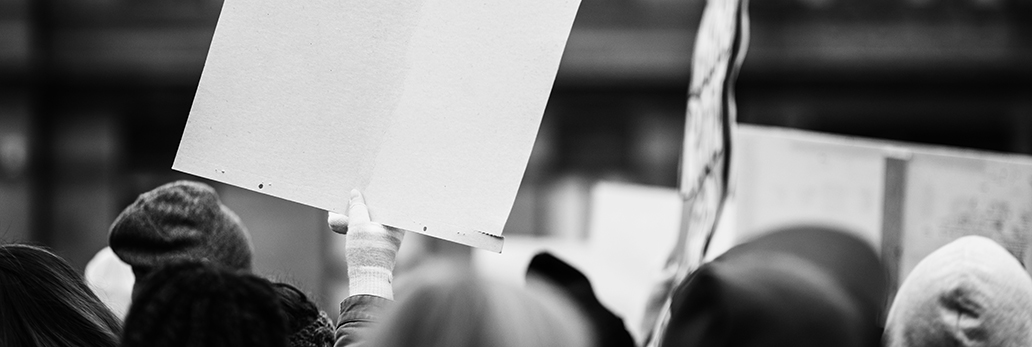
What are my rights in a protest, march or demonstration situation?
The Canadian Charter of Rights and Freedoms guarantees certain rights and fundamental freedoms, including the freedoms of opinion, expression and peaceful assembly.
Section 2 of the Charter states: Everyone has the following fundamental freedoms:
- freedom of conscience and religion;
- freedom of thought, belief, opinion and expression, including freedom of the press and other media of communication;
- freedom of peaceful assembly; and
- freedom of peaceful association.
These Rights Are Not Without Limits
The Supreme Court has recognized that "freedom of expression does not extend to protect threats of violence or acts of violence. It would not protect the destruction of property, assaults, or other clearly unlawful conduct." In addition, in some cases, the reasonable limits prescribed by law will also apply.
Section 1 of the Charter, which provides for limitations on rights and freedoms, states: The Canadian Charter of Rights and Freedoms guarantees the rights and freedoms set out in it, subject only to such reasonable limits prescribed by law as can be demonstrably justified in a free and democratic society.
The following is a list of some of the relevant Criminal Code of Canada sections that limit certain activities:
- blocking or obstructing a highway (Section 423(1)(g))
- causing a disturbance (Section 175)
- common nuisance (Section 180)
- interfering with transportation facilities (Section 248)
- breach of the peace or imminent breach (Section 31)
- offensive volatile substance (Section 178)
- riots (Sections 32, 33, 64, 65, 67, 68, 69)
- unlawful assembly (Section 63)
- mischief (Section 430)
An arrest for breach of the peace, whether under the Criminal Code of Canada or the common law, does not result in a charge. The purpose of an arrest for breach of peace is to restore order.
There are numerous other Criminal Code of Canada sections that may also apply to protest situations. In addition to the Criminal Code of Canada, limitations on protest activities are also contained in provincial statutes, such as the Highway Traffic Act, and in municipal by-laws.
| Planning a demonstration? |
| The Halton Regional Police Service (HRPS) will work with the event organizers and other stakeholders to ensure a safe environment for a demonstration. We recognize the importance of freedoms and of all other protections in the Charter. The HRPS remains committed to ensuring that Charter guaranteed rights and freedoms are upheld, while ensuring that police officers carry out their sworn duties. |
| What duties do police have during demonstrations? |
| Police officers have a sworn duty to preserve the peace, prevent offences, enforce the law, protect property, preserve life and protect against serious injury, among other duties. These duties have their basis in common law and statutes, including the Ontario Police Services Act and the Criminal Code of Canada.
The HRPS' objectives for demonstrations are:
|
 I Want To
I Want To




 Subscribe to this Page
Subscribe to this Page